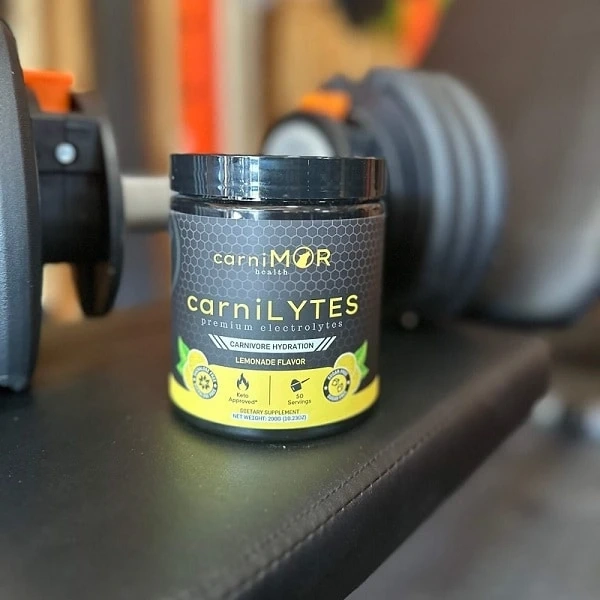The carnivore diet, which mostly consists of animal products, has become more well-known as a novel nutritional strategy in recent years. Advocates claim that it helps with energy levels, mental clarity, and weight reduction, but it\'s important to think about the possible effects on electrolyte balance. Many physiological processes depend on electrolytes, including sodium, potassium, and magnesium. We\'ll go into all you need to know about electrolytes and carnivore diet in this post.
Understanding Electrolytes
The minerals carry an electric charge and play a part in maintaining the body\'s basic functions, such as fluid balance, nerve systems, and muscular contraction. The main electrolytes are sodium, potassium, magnesium, calcium chloride, and phosphate. So, keeping the proper balance of these minerals is essential for good health.
Carnivore Diet Basics
As its name implies, the carnivore diet consists of eating nothing but animal products. Proponents maintain that the diet can help adjust a number of health indicators, including inflammation and digestion. It also offers certain problems with respect to nutrients (electrolytes included).
Sodium Intake on the Carnivore Diet
Sodium is an important electrolyte for the regulation of fluid and nerve function. As the carnivore diet is low in carbohydrates, it can affect insulin levels and cause sodium to be excreted by the kidneys. Therefore, those following the carnivore diet must take deliberate steps to raise their sodium intake so that they can maintain a proper electrolyte balance.
Potassium Considerations
Potassium is required for muscle contraction, nerve conduction, and fluid regulation. On the other hand, plant foods are high in potassium. Will carnivores really be so deficient? Aside from adding potassium-rich animal products such as fish, beef, and pork to the diet, some people will have little choice but to monitor their levels of this mineral (with added supplements if necessary).
Magnesium Matters
Magnesium is essential for muscle and nerve function, energy production, and bone health. Red meat actually has some magnesium, too, though there\'s no comparison to the amount in certain plant food. This is something that Carnivore dieters need to be mindful of, and they should consider eating or drinking foods containing magnesium if needed.
Hydration and Electrolyte Balance
The maintenance of electrolyte balance depends on proper hydration. Since the carnivore diet is low in carbohydrates, one may lose too much water. Therefore, maintaining adequate fluid intake will be essential to prevent dehydration and kidney damage. Electrolyte-rich beverages or electrolyte supplements are helpful during times of increased exertion.
Individual Variability
Responses to the carnivore diet can vary from person-to-person, it should be noted. Age, level of activity, and general health are all factors affecting electrolyte requirements. Blood pressure, hydration status and blood sugar level monitoring can let people appraise their own needs.
Conclusion
Although the electrolytes and carnivore diet has drawn attention due to its health advantages, it is important to comprehend how it affects electrolyte balance. Maintaining general health and averting possible imbalances requires making sure that a person\'s intake of sodium, potassium, and magnesium is appropriate. As with any dietary plan, it\'s best to speak with medical experts and think about individualized ways to keep your electrolyte levels at their ideal levels while following a carnivore diet.



